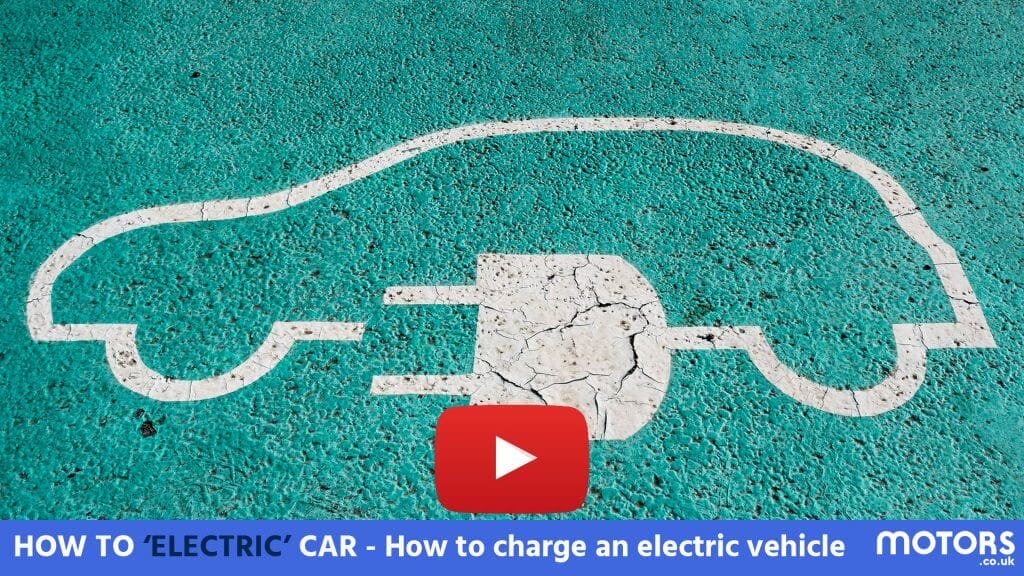The electric car revolution appears to be upon us. More and more people are making the change and opting for an EV instead of conventional petrol or diesel cars and, as a result, more people are learning how to charge them,
Because charging is such a crucial part of the whole electric car experience, it’s really worth getting clued up on how to do it. So let’s take a look at some of the key things you need to know.
Charging speeds and batteries
Before we get into it, it’s worth brushing up on some of the lingo. Charging speeds – the rate at which electricity is added to an EV’s batteries – is measured in kilowatts, or kW. The higher the number, the quicker the rate of charge. Most home chargers deliver around 7.4kW of power, while rapid chargers are capable of delivering well over 150kW. A faster rate of charge means that your car will charge quicker.
However, each car has a different charge rating too which restricts the maximum amount of charge it can receive. For instance, if your car has a 50kW rating, then the most it can receive is 50kW. Even if you plugged it into a 150kW charger, the most you’d get from it is that 50kW limit.
When it comes to batteries, these are measured in kilowatt-hours or kWh. A larger number before will indicate a larger battery and therefore usually a greater range. Nissan’s popular Leaf is available with a 62kWh battery, for instance, which will bring around 239 miles of range. The Mini Electric, meanwhile, comes with a 32.6kWh battery, bringing a range of 144 miles.
Home charging
Right, now that we’ve got the terminology out of the way, let’s take a look at home charging. This is one of the easiest ways to add a charge to your electric car, but it does depend on a few factors. For one, you need off-street parking that will allow you to get your car close enough to your electric charger. You’ll also need your house inspected by an electrician to ensure that it’s capable of delivering a consistent energy supply.
Once those are ticked off, you’re free to check out the variety of different suppliers of home wallboxes. As mentioned, these boxes deliver around 7.4kW of charge, meaning that they’ll be able to fully top up nearly all EVs overnight.
There’s a government grant in place for people looking to install a wallbox of their own, taking £350 off the cost of purchasing and installing a wallbox. With this applied, you’ll be paying between £350-£500 for both installation and the unit, depending on the provider.
There are also quicker 22kW home wallboxes available, but these bring additional cost and complications.
You can, of course, plug in via a three-pin socket. However, most manufacturers don’t advise doing this and it’s also incredibly slow – you’ll be looking at a matter of days to charge up a normal electric car via this method.
Public charging
When you’re out and about, you’ll be relying on public charging. The number of chargers has increased rapidly over recent years and, according to EV charger mapping service ZapMap, there are now 42,767 chargers across the UK in over 15,700 locations. This figure is only increasing by the day, too, so there are plenty of options around the country.
There are three main types of public charger – slow, fast and rapid. Let’s start with the first one. A slow charger is just under the amount of energy as you’d get from a home charger, so around 6kW. It means that if you’re looking for a quick burst of charge you won’t find it here, but they’re a good option if you’re leaving the car parked up for a while.
Next, we have fast chargers. These range in performance with anything from 7 to 22kW delivered. You’ll often find these located in supermarkets, or in areas where you’ll be leaving the car for a while such as a train station. Many hotels are fitting these too, as they’re perfect for overnight stops.
Finally, there are rapid chargers and, if you’re in a hurry, these are the ones you’ll want to aim for. These start at 50kW, but range right the way up to 100kW and beyond. They’ll provide more than enough charge in just half an hour and are great for short stops in the middle of longer journeys.
Pricing
Remember, that quicker chargers will cost more. It’s worth checking beforehand to see how much you’ll be paying to use one – this can be accessed via a variety of different apps, including ZapMap. Prices are measured by pence per kWh, with cheaper, slower units costing around 20p per kWh, but some of the very quickest ones situated at the side of motorways can cost upwards of 60p/kWh – so make sure you check beforehand.



